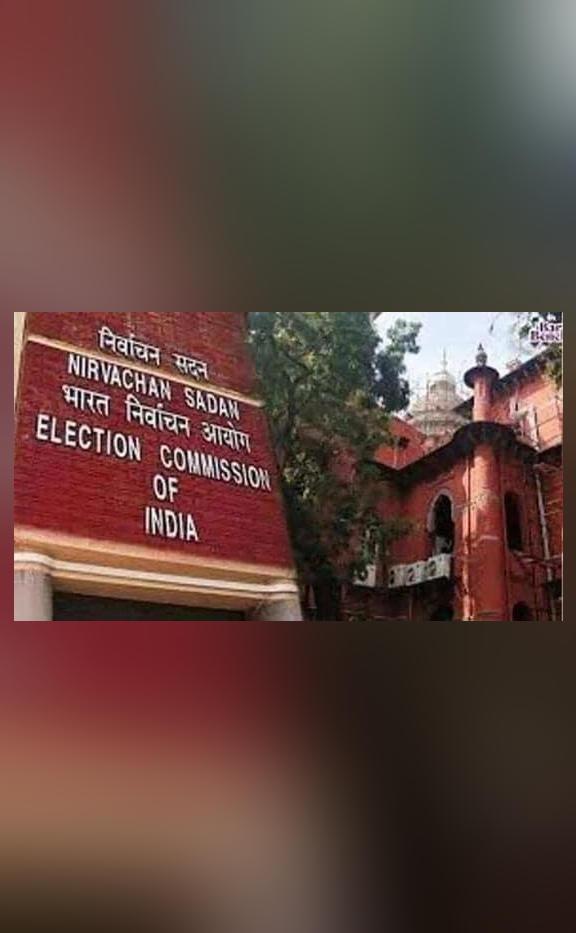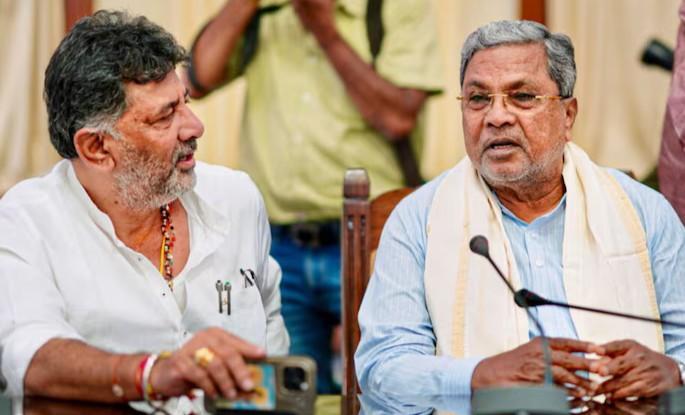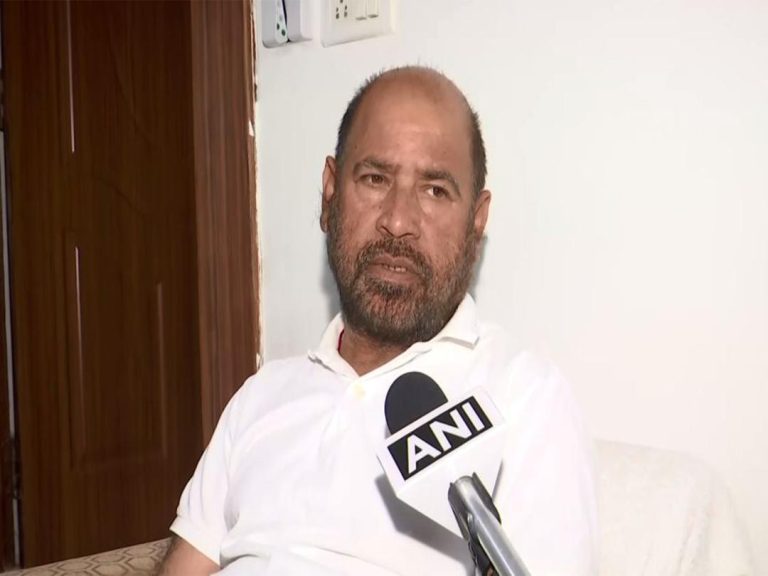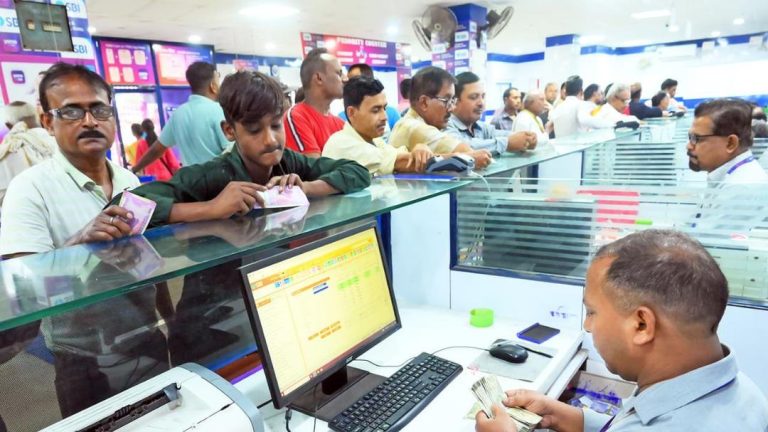
Aadhaar, Voter ID & Ration Cards Can’t be Considered for SIR: ECI
In a recent development, the Election Commission of India (ECI) has rejected the Supreme Court’s suggestion to accept Aadhaar, voter ID, and ration cards as standalone proof of voter eligibility in the ongoing special intensive revision (SIR) of Bihar’s electoral roll. This decision has been met with a mix of reactions from the public, with some expressing disappointment and others welcoming the move.
The ECI’s decision to reject the Supreme Court’s suggestion is a significant one, as it highlights the importance of ensuring that the electoral process is fair and transparent. The SIR exercise is a crucial step in the electoral process, as it allows citizens to enroll themselves or make changes to their existing voter registration details.
The Supreme Court had suggested that Aadhaar, voter ID, and ration cards could be used as proof of identity for the purpose of the SIR exercise. However, the ECI has rejected this suggestion, citing concerns over the accuracy and reliability of these documents.
In a statement, the ECI said that these documents are not foolproof and can be easily duplicated or manipulated. The Commission emphasized the need to ensure that the electoral roll is accurate and reliable, and that the process of voter registration is secure and transparent.
The ECI’s decision is also significant in the context of the ongoing debate over the use of Aadhaar as a proof of identity. The Supreme Court has previously ruled that Aadhaar is a valid proof of identity, but the ECI’s decision highlights the limitations of using this document as a standalone proof of identity.
The ECI’s rejection of the Supreme Court’s suggestion is also seen as a victory for civil society groups and political parties that have been critical of the use of Aadhaar as a proof of identity. These groups have argued that the use of Aadhaar as a proof of identity is a threat to privacy and could be misused by the government.
The decision has also sparked a debate over the need to improve the electoral process and ensure that it is more inclusive and accessible to all citizens. The ECI’s rejection of the Supreme Court’s suggestion is seen as a step in the right direction, as it highlights the need to ensure that the electoral process is fair and transparent.
In conclusion, the ECI’s decision to reject the Supreme Court’s suggestion to accept Aadhaar, voter ID, and ration cards as standalone proof of voter eligibility is a significant one. It highlights the importance of ensuring that the electoral process is fair and transparent, and that the process of voter registration is secure and reliable. The decision also underscores the need to improve the electoral process and ensure that it is more inclusive and accessible to all citizens.






